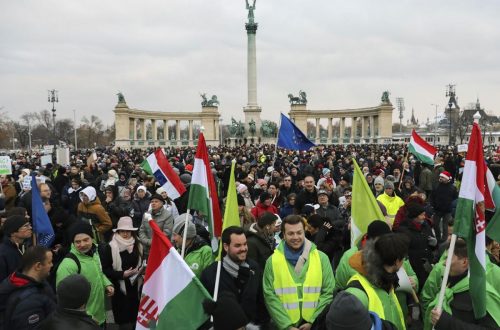Christopher Hitchens reminds us of the history of Amnesty:
In common with all great ideas, the Amnesty concept was marvelously simple. Each local branch was asked to sponsor a minimum of three prisoners of conscience: one from a NATO country, one from a Warsaw Pact country, and one from the Third—or neutralist—World. In time, the organization also evolved policies that opposed the use of capital punishment or torture in all cases, but the definition of “prisoner of conscience” remained central. And it included a requirement that the prisoner in question be exactly that: a person jailed for the expression of an opinion. Amnesty did not adopt people who either used or advocated violence.
and what that means in the light of their work with Cage Prisoners:
Amnesty International was not set up to defend everybody, no matter what they did. No organization in the world could hope to do that. IRA bombers and Khmer Rouge killers and Gens. Pinochet and Videla were not Amnesty prisoners when they eventually faced the bar of the court. The entire raison d’être of the noble foundation was to defend and protect those who were made to suffer for their views. In theory, I suppose, this could include the view that women should be chattel, homosexuals and Jews and Hindus marked for slaughter, and all the rest of the lovely jihadist canon. But—see above—Cageprisoners defends those who have gone slightly further than merely advocating such things. It’s well-nigh incredible that Amnesty should give a platform to people who are shady on this question and absolutely disgraceful that it should suspend a renowned employee who gave voice to her deep and sincere misgivings.
The other great thing about the early days of Amnesty International was its voluntary principle. It was all a matter of free individuals giving their time and money in the cause of the rights of others. Some estimates say that there are currently more than 2 million subscribers worldwide. It’s now incumbent on any member who takes the original charter seriously to withdraw funding until Begg is cut loose to run his own beautiful organization and until Sahgal has been reinstated.


